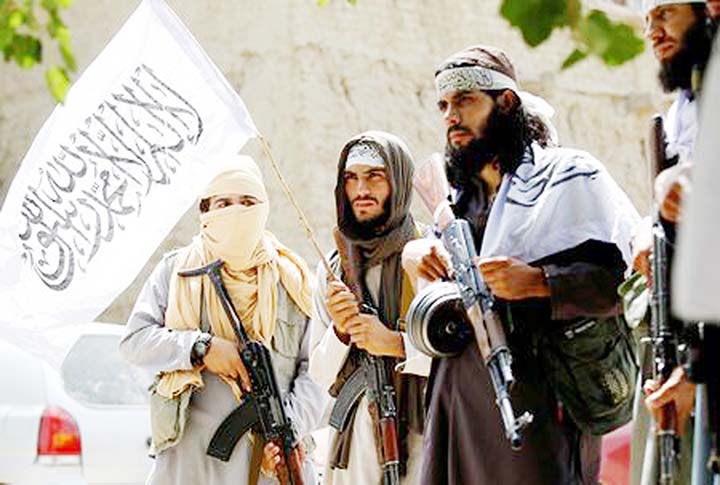
Reuters, Kabul :
Zabihullah Mujahid, the Taliban’s chief spokesman and editor-in-chief of the insurgent group’s daily news bulletin, starts every day by collecting reports of overnight fighting with U.S. and Afghan forces.
Mujahid says he gets his team of writers to cross-check facts shared by some of the hardline Islamist groups fighters, who double as reporters in the 34 provinces across the country. The writers prepare press statements in five languages and gather footage and photographs shot on smartphones.
The editor-in-chief then approves final drafts of the reports – highlighting the group’s claimed victories in its war aimed at toppling the U.S.-backed Afghan government – before they are published by IT specialists based outside the country.
While some Afghan journalists say its accuracy is patchy, and its opponents accuse it of spreading “fake news”, the Taliban’s slick media operation has emerged as a key weapon in the information war that often leaves the Western-backed government and its U.S. partners struggling to catch up.
Last month, for example the Taliban was swift to deny involvement in a suicide attack on the communications ministry in Kabul later blamed on Islamic State, while information from the government was slower to emerge.
Taliban spokesmen say they have also stepped up their outreach as the pace of direct talks between its negotiators and the United States on ending the war in Afghanistan has picked up in recent months. They are often quicker than U.S. officials to give their read-out from the talks – the sixth round of which wrapped up in Qatar on Thursday.
“Whatever developments occur during the Doha talks, we share it with journalists,” said Mujahid, adding that the messages were aimed at domestic and international audiences.
Mujahid and his colleague Qari Yousaf Ahmadi, two Taliban spokesmen based in Afghanistan, say they are authorized to interact with journalists, issue statements and tweet. They generally respond to text or voice messages from Reuters correspondents based in Kabul within an hour. While their location cannot be verified, they use Afghan phone numbers to access WhatsApp. The names they use are pseudonyms assigned to them by the Taliban leadership.
“We are not authorized to reveal our real names, the two pen names are used to retain uniformity,” Mujahid, who has more than 42,000 Twitter followers, told Reuters in a telephone interview.. In 2011, the Taliban leadership started posting regularly on Twitter, a surprise move by the radical Islamist movement that once banned most forms of modern entertainment.
They now communicate on messaging apps WhatsApp, Viber and Telegram in English, Pashto, Dari, Arabic and Urdu.
“We understand the importance of spreading information about our jihad and our determination to re-establish the Islamic Emirate in Afghanistan,” said Mujahid, who says he draws a monthly salary of 14,000 Afghani ($180), plus $128 for internet and mobile expenses.
“Now many diplomats from various countries seek an audience with our leaders and follow us on social media,” he added.

